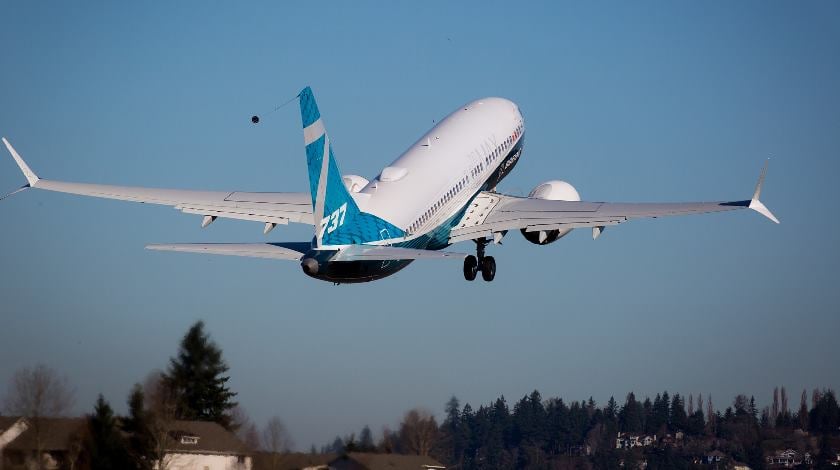Despite the fact that it is believed the Federal Aviation Administration (FAA) is set to approve the updates to the 737 MAX in June, other agencies intend to carry out their own assessments.
This has resulted in the likelihood worldwide approval for the lifting of the ban, which was instigated after two fatal crashes involving the passenger jet, will likely not be lifted until early-to-mid-August, well into the peak season for many carriers.
Speaking ahead of the International Air Transport Association’s (IATA) annual meeting in Seoul, South Korea, Alexandre de Juniac, the IATA CEO, commented that he did not anticipate the 737 MAX returning to service for at least 10-12 weeks.
He is keen to coordinate a timeline between all regulators in order for airlines to begin to schedule flights. Currently U.S. carriers United Airlines, American Airlines and Southwest Airlines have removed all intended 737 MAX flights until mid-August.
Part of the problem lies in rising tensions between regulators on either side of the Atlantic. There are specific concerns over the relationship the FAA has with Boeing and the level of self-certification that has been involved.
Subsequent to the second fatal crash involving a 737 MAX, the flight data recorders for the downed Ethiopian Airlines 737 MAX were sent to safety investigators in Paris, France, which intends to carry out its own assessments of Boeings new ‘fix’, rather than rely on the FAA.
De Juniac also said that the prolonged grounding was “taking its toll” on airlines. While IATA expects its 290 airline members to be recording a 10th consecutive year of aggregate profit, he said the 737 was adding to headwinds including “rising costs, trade wars and other uncertainties [that] are likely to have an impact on the bottom line.”

